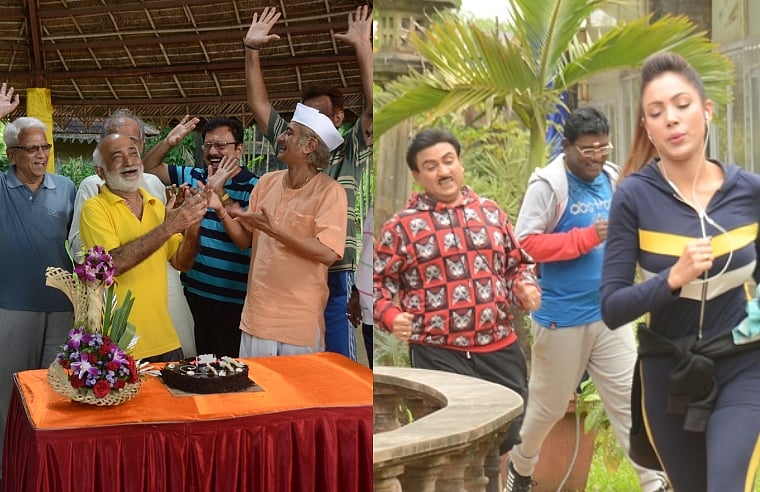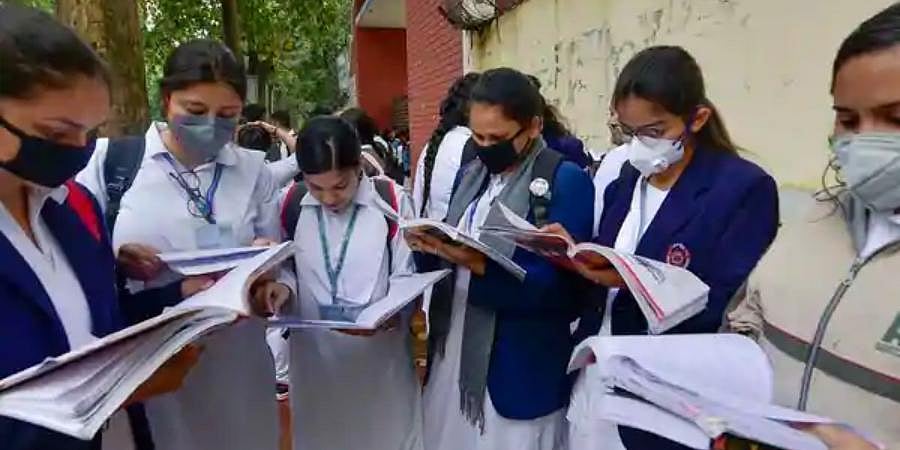Abdul Ghani Baradar, the Taliban leader freed from a Pakistani jail on the request of the US less than three years ago, has emerged as an "undisputed victor" of the 20-year war in Afghanistan.
While Haibatullah Akhundzada is the Taliban's overall leader, Baradar is its political chief and its most public face.
Born in Uruzgan province in 1968, Baradar is also the co-founder of the insurgent group. He is the second senior-most leader in the Taliban hierarchy after Haibatullah Akhundzada.
Baradar had fought in the Afghan Mujahideen against the Soviet Army in the 1980s. After the exit of Russians in 1992, a civil war erupted between rival warlords. During that time, Baradar set up a madrassa in Kandahar with his former commander and reputed brother-in-law, Mohammad Omar. Together, the two mullahs founded the Taliban, a movement spearheaded by young Islamic scholars dedicated to the religious purification of the country and the creation of an emirate.
In a televised statement on the fall of Kabul, he said the Taliban's real test was only just beginning and that they had to serve the nation, The Guardian newspaper reported on Sunday.
Baradar's return to power embodies Afghanistan's inability to escape the bloody shackles of its past. The story of his adult life is the story of the country's unceasing, pitiless conflict.
Fuelled by religious fervour, widespread hatred of the warlords and substantial support from Pakistan's Inter-Services Intelligence (ISI) agency, the Taliban swept to power in 1996 after a series of stunning conquests of provincial capitals that took the world by surprise, just as the movement has done in recent weeks.
Baradar, Mullah Omar's deputy who was widely believed to be a highly effective strategist, was a key architect of those victories. Baradar played a succession of military and administrative roles in the five-year Taliban regime, and by the time it was ousted by the US and its Afghan allies, he was deputy minister of defence.
Baradar on Sunday said that the terror group's victory that saw all cities of the country fall to them in just 10 days was unexpectedly swift and had no match in the world. In a video message, he said the real test would begin now with meeting the expectations of the people and serving them by resolving their problems, Al Jazeera reported.
During the Taliban's 20-year exile, Baradar had the reputation of being a potent military leader and a subtle political operator. Western diplomats came to view him as on the wing of the Quetta Shura - the Taliban's regrouped leadership in exile - that was most resistant to ISI control, and most amenable to political contacts with Kabul.
The Obama administration, however, was more fearful of his military expertise than it was hopeful about his supposedly moderate leanings. The CIA tracked him down to Karachi in 2010 and in February of that year persuaded ISI to arrest him.
Pakistan reportedly released the Afghan Taliban leader from prison in October 2018 after being arrested by Pakistani authorities in the southern port city of Karachi in 2010.
Baradar signed the Doha agreement with the US in February 2020, in what the Trump administration hailed as a breakthrough towards peace but which now appears a mere staging post towards total Taliban victory.
The Taliban ruled Afghanistan from 1996 to 2001, but following the September 11, 2001 attacks on the United States, the brutal regime of the militant group came to an end as they were removed from power by US-led forces in 2001.
(With inputs from PTI)
Published on: Monday,August 16, 2021, 10:30 PM IST










